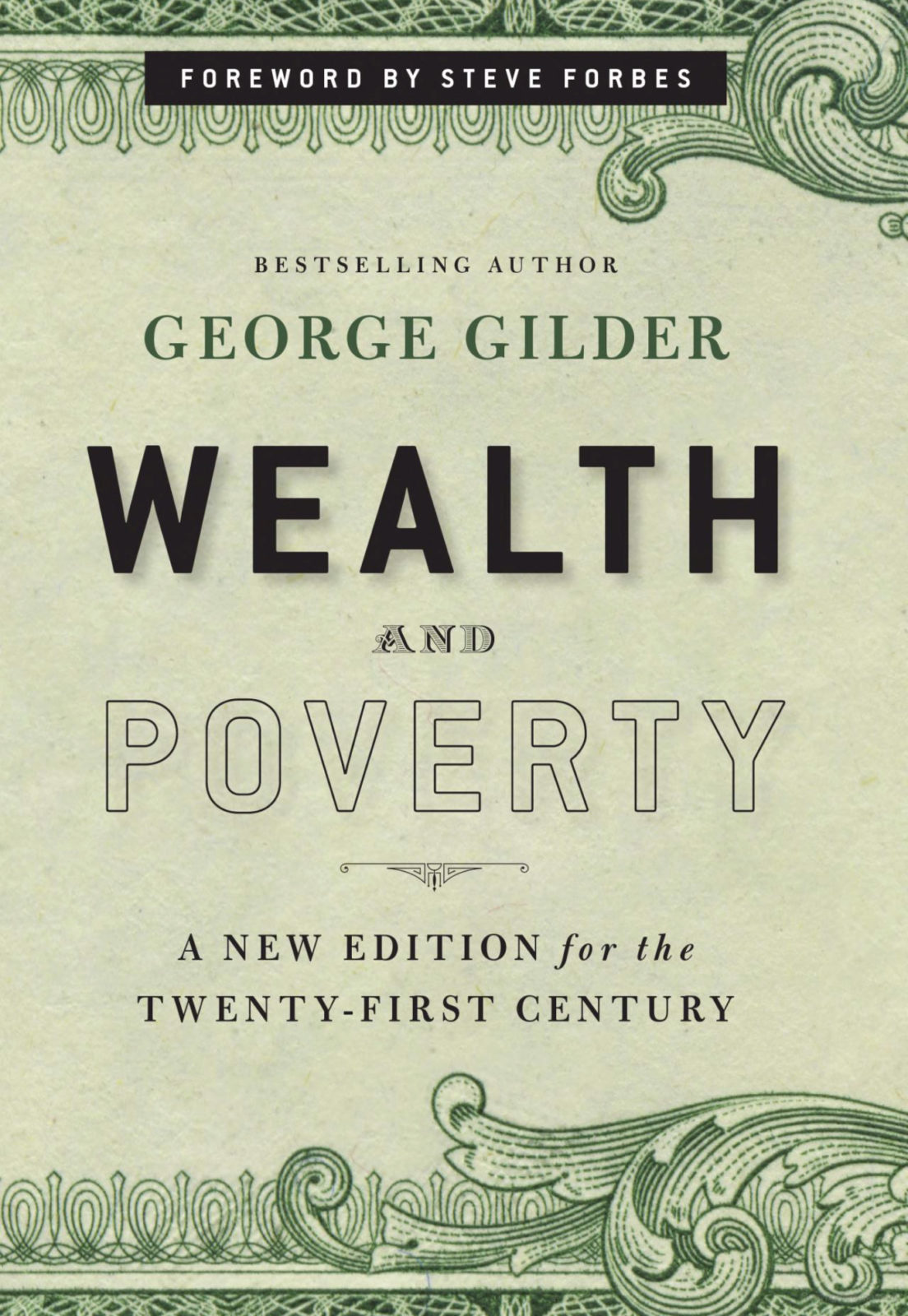Zero-Sum Folly, From Kyoto to Kosovo
What do the ethnic cleansing in Kosovo, the global warming treaty in Kyoto, and the Social Security “crisis” of demand-side Keynesian economics have in common, apart from a convergence of K’s? You can even add Theodore Kaczynski, the Unabomber. Answer: They all reflect a belief in a zero-sum world. The concept of a zero-sum system originated in a branch of Read More ›
